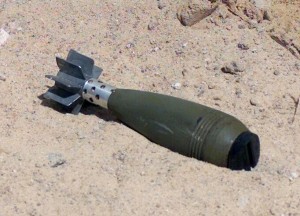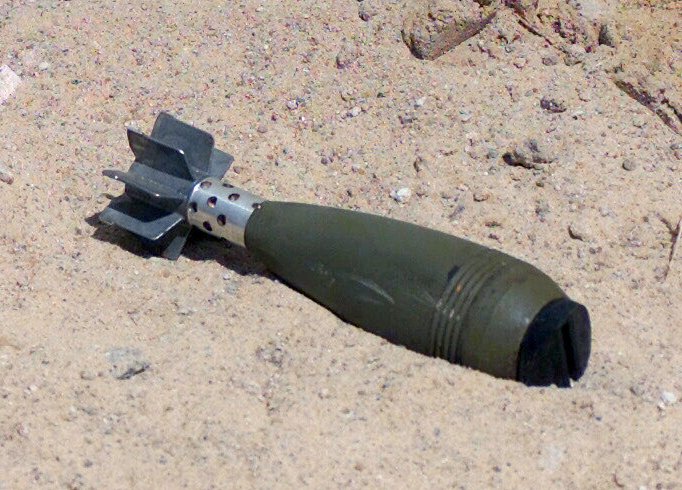By Libya Herald reporters.

Tunis, 1 March 2016:
Six women and five children were among the 28 civilians killed in Libya during the . . .[restrict]first two months of this year.
UNSMIL today said the majority of the 66 non-combatant dead and wounded of which it has learnt had been victims of mortars, artillery and rockets. It reminded combatants that firing mortars and other imprecise weapons, including aerial bombing, in populated areas was forbidden.
Half a dozen people died from gunshots which also accounted for ten injuries. Four people died and one was injured by previously unexploded munitions while two died in air strikes and one was injured in a suicide attack.
The civilian dead do not include the two Serb diplomats apparently killed in the US air strike on IS targets in Sabratha ten days ago.
UNSMIL reported that the most civilian dead, (14) and injured (14) had occurred in Benghazi. Six people had been killed in Ajdabiya, three in Derna and two in Sebha, where there had also been 16 civilians wounded. One person died and one was injured in Tripoli.
Intriguingly UNSMIL also said that one civilian had died and six been injured in Marj, the town in which Armed Forces Commander-in-Chief Khalif Hafter has his headquarters, while one more non-combatant was killed in Tobruk. There have been no reports deadly fighting in either location. The government is not issuing visas to foreign journalists and local media are being kept away from army operations. Most of the information from the conflict in Benghazi is coming from social media posts by soldiers or locals.
The UN organisation has stressed that its figures are probably not complete. Though it said that while not all actions leading to civilian casualties breached international humanitarian law, it reminded all sides that they are obliged only to target military objectives.
“ Direct attacks on civilians as well as indiscriminate attacks – which do not distinguish between civilians and fighters – are prohibited” it said, “Such attacks amount to war crimes that can be prosecuted by the International Criminal Court”. [/restrict]








